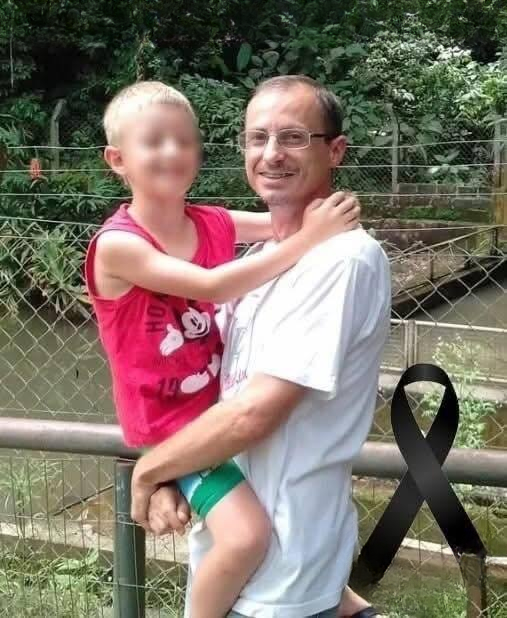In the quiet town of Sidrolândia, Brazil, life usually moves at a gentle pace, but one October evening, everything changed. Young mother Drielle Leite Lopes and her three children—Helena, 10, João Lúcio, 2, and baby José Augusto, 3 months—were traveling to share the happy news of their first home when tragedy struck on the BR-060 highway. A violent collision claimed all four lives, leaving the town and the nation in shock.
The following days revealed the depth of Drielle’s love and devotion. Friends remembered a mother who worked tirelessly for her children, dreaming of the stability and happiness a new home could bring. Helena’s creativity, João’s energy, and baby José’s innocence were celebrated even as grief enveloped the community. The wake brought hundreds together—neighbors, friends, and strangers alike—mourning and honoring lives gone too soon.
The tragedy sparked reflection and unity. Local churches, schools, and businesses offered support; social media became a space for collective mourning. Parents held their children closer, neighbors checked on each other, and Sidrolândia rediscovered its compassion. Discussions about road safety and infrastructure reforms arose, highlighting the preventable nature of such losses.
Even amid grief, hope persisted. Drielle’s mother committed to completing the home her daughter had purchased. Memorials and quiet acts of remembrance kept the family’s spirit alive. Flowers still appear where the community gathered, symbols of enduring love and solidarity.
Though brief, Drielle and her children’s lives left a lasting imprint. Their story is a reminder of life’s fragility, the power of community, and the ways love can transcend tragedy. In Sidrolândia, their memory continues to inspire empathy, safety, and the simple act of cherishing those we hold dear.
